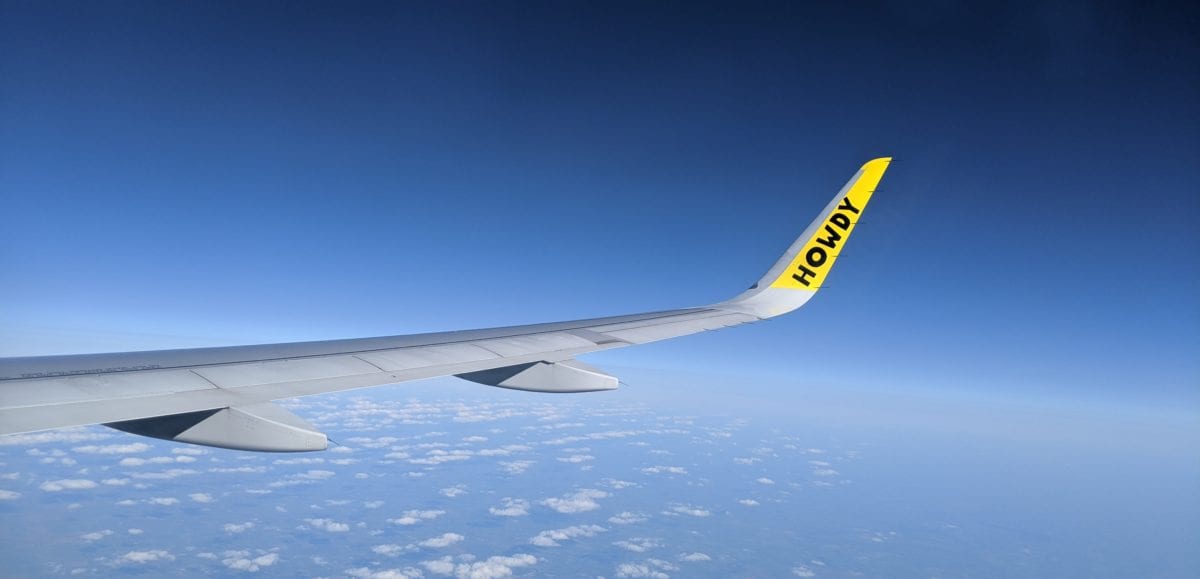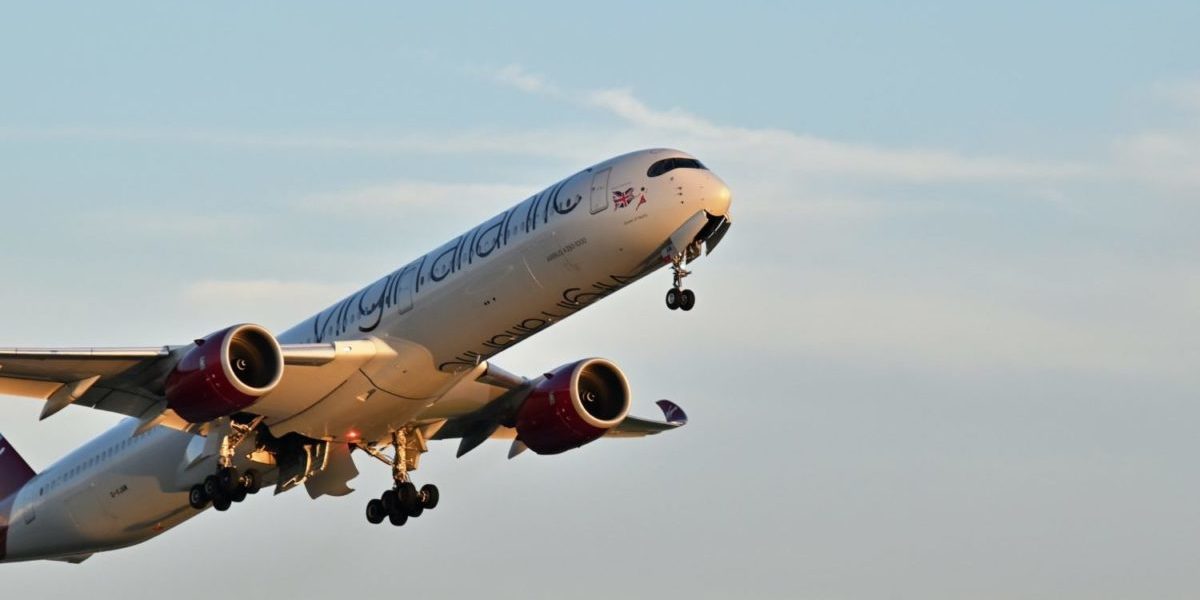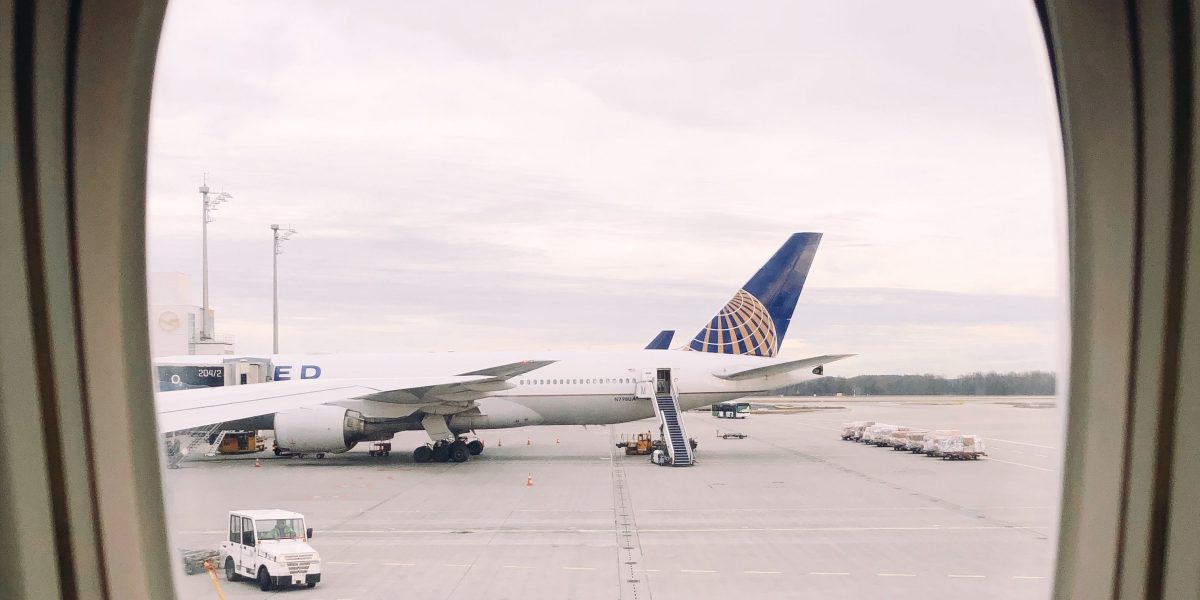The low-cost carriers in the United States are our most important airlines – even for travelers who have sworn off flying them.
Over the last few months, the likes of Spirit and Frontier Airlines have started changing things up. In an appeal to add more customers and woo investors, Spirit got rid of its change and cancelation fees, then ditched its old nickel-and-dime fare structures to offer fare bundles that include things like free seat assignment and a carry-on bag. Sound familiar? It's exactly what you'll find in the fares of major carriers like Alaska, American, Delta, and United. Frontier made the same change earlier this year.
For these airlines, major shifts like this show a kind of desperation to keep the businesses afloat. After a Spirit-Frontier merger was squashed by a Spirit-JetBlue merger – which was eventually squashed, too – the two major budget airlines found themselves alone in an environment where travelers were less inclined to buy their bare-bones fares and were turning towards the mainline airlines.
In short: Spirit and Frontier are waving the white flag on their business models.

These core changes to two of the lowest-cost carriers in the U.S. are not the sign of healthy and thriving airlines. But if you're looking to beat up on Spirit while they're down because you had one or more bad experiences flying with them, you're missing the bigger picture here.
The health of budget airlines in the U.S. is crucial for keeping airfare affordable. These recent changes from Spirit and Frontier are going to lead to higher airfare for their customers and on every other airline, too.
If you never want to fly Spirit or Frontier again, that's totally understandable. Both airlines have reliability issues in on-time flight performance and with a serious lack of slack in their networks that leads to cascading delays and cancelations. Both airlines also offered with low prices like Spirit's $19 one-way fares, only to tack on fees for everything from a seat, to bags, and even buying your ticket online. These annoyances turned travelers away, never to return.
Read Next: Why You Should Love Spirit Airlines (Even if You Never Fly It)
But those same travelers who are now flying with American, Alaska, Delta, and United should want Spirit to thrive. Because without Spirit's competitive prices, your flights on major airlines are just going to get more expensive.
Let's look at a perfect illustration of this pricing power. Say you're based in Minneapolis (MSP) and want to book a mountain adventure. Should you go to Denver (DEN) or Salt Lake City (SLC)? Both are major western hub airports, both just a few hours from Minneapolis nonstop.
The first search is for Denver flights, and you can see Frontier's influence right away.
With Frontier pulling those roundtrip fares down to insane lows, the likes of United, Delta, and Southwest have to keep fares cheap to stay competitive. Even if you have to pay extra for carry-ons and coffees on Frontier flights, a lot of travelers will give Frontier a shot for a $38 roundtrip.
Read Next: A Cheap Fare, Stiff Seat & High Fees: Our Frontier Airlines Review
Let's look at the same exact search for flights to and from Salt Lake City.
Missing Frontier yet, Delta flyers?
Delta faces very little competition (only sporadic, weekly flights on Sun Country) on this Salt Lake City route, so the behemoth can essentially name its price, and there's nothing you can do about it. The flight is only about 50 minutes longer than the Denver flight…but is about $400 more expensive in many cases.
Spirit and Frontier do this to all the major airlines on hundreds of domestic and Caribbean routes every single day in the U.S. We badly need low-cost carriers like them and the likes of Allegiant, Avelo, and Breeze to also remain healthy.
Maybe the eventual answer is a re-do of the Spirit-Frontier merger, where the two airlines looked to combine their similar fleets and business models to make one, huge, likely healthier ultra-low cost carrier. That airline could compete all over the country on hundreds of routes that badly need more competition. And they could stop competing against each other, which has surely hurt both companies' bottom lines over the years, too (how many flights do you need to Fort Lauderdale and Orlando a day, anyway?). A strong, unified ULCC like this one could be the answer.
Because if Spirit and Frontier were to die off, you get problems like MSP-SLC, where nonstop fares haven't dipped below $450 roundtrip in years.
Life without Spirit and Frontier is a nightmare for cost-conscious travelers, even if you never fly them. If you're rooting for the demise of these airlines, you're wrong.
Bottom Line
Ultra low-cost airlines in the U.S. have stumbled upon tough times, but we should all be rooting for them to pull through. Without the likes of Spirit and Frontier, Americans may soon face soaring domestic flight prices.
Competition is everything in the airline industry, and travelers should want Spirit and Frontier thriving this year and beyond to keep fares low across the board.






While I take your point, it has to be acknowledged that the main problem with the MSP-SLC route is that both are Delta hubs. If Frontier and/or Spirit were to fold, there would still be three competitors on the MSP-DEN route (United, SW, and Delta), which would moderate prices.
I see this effect very directly. For the airport I fly to to see my folks, 3 days a week Sprit and/or Sun Country fly there. On those days Delta is dramatically cheaper than on the other 4 days of the week.
As a MSP flier, the impact of Frontier and Spirit pulling back in recent years has been noticeable in cost. Basically, the only sane pries are routes where Delta feels pressure from Sun Country or international competition. Which is one of the reasons why I am excited in time to use Lufthansa because I’ve seen dramatic price shifts in terms of trans Atlantic itineraries
Very well written article. I wish more travelers were aware of this but there not, they to busy complaining about everything
I am on the Idaho to SEA, DEN, or SLC routes. We have Delta or United. While Delta is expensive, United is exorbitant to DEN since they don’t have competition on their routes.
We have no low-cost carriers to keep these price premiums down. Although I don’t travel on the budget carriers, I sure wish they were an option.
MSP to SLC for $500+ is insane when I can fly from Idaho to Europe for $800. Competition is important and healthy, price controls are not.
Stay alive, Spirit, Allegiant, Frontier, etc!
I’d like Frontier to merge with another carrier. I’ve got beaucoup miles but living in San Diego leaves few options as flying to the east coast means an overnight stay in Denver… that’s whack.